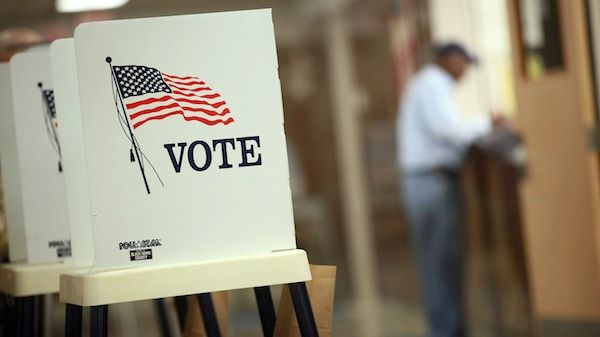In This Election, Independence from Partisanship is Key


Up until the last presidential debate, Americans had heard little about George W. Bush, even from Republican candidate, Mitt Romney. It wasn’t until recently that former President Bill Clinton started stumping for the Democratic Party and heavily endorsing President Obama in this election cycle. It seems that, despite a painfully partisan environment that is invariably apparent to the public, independence from partisanship is key to win over the coveted “swing” voters.
In some tight senate races throughout the country, disaffiliation from Obama and Romney – from the Democratic Party and the GOP – is an important element of campaign platforms. In Arizona, independent-turned-Democrat, Richard Carmona, is trying to distance himself from Obama. His spokesman, Andy Barr, recently said, "We are running our own race. We're not really concerned about what President Obama is doing right now."
Voters have seen similar moves within the GOP after Indiana Senate nominee Richard Mourdock made controversial statements regarding rape and abortion earlier this month. While Romney stood by his endorsement of Mourdock, he sought to ideologically distance himself from the issue. Republican candidates in other races urged Mourdock to apologize and denounced his comments, and assured their constituents the statement does not reflect their personal views.
Additionally, many candidates from local elections to state races to the presidency, have been trying to up-play their bipartisanship or their willingness to work with representatives across the board.
A senior elections analyst with Real Clear Politics recently commented that, “Parties adapt to these cultures, and politicians running for Congress, especially those that have already served in Washington, are very in tuned to the political climates in their state," on CBS News. This allows candidates some wiggle room within their party’s platform. This type of independent-mindedness, this internal, subtle shift, however, may be more important than it appears.
An increasing number of voters are registering as “independents” and leaving their parties behind, implying a wider range of constituents who do not identify with a strictly defined Republican or Democratic (or third party) platform. As such, presidential and other public service candidates will need to further adapt to demographics that no longer identify with a particular party. This necessitates malleability and flexibility in campaigning, and hopefully on Capitol Hill.
As more voters move away from party affiliations and feel disenchanted with the status quo, candidates will be forced to form opinions on the issues based on independent-minded consensus of their constituent base, rather than partisanship in the capitol. This could bring an invigorating and competitive new energy to Washington that is much needed for reaching innovative solutions to the nation’s greatest predicaments.
The strengthened constituent voice will engender a fine-tuned representative ear, and this could significantly change the way we practice democracy in this county – democracy as approaching an asymptote to its pure form. Independent voters could be the "Trojan horse" to the status quo of partisanship, as a democracy by the people forces candidates to run for the people, not the party.



